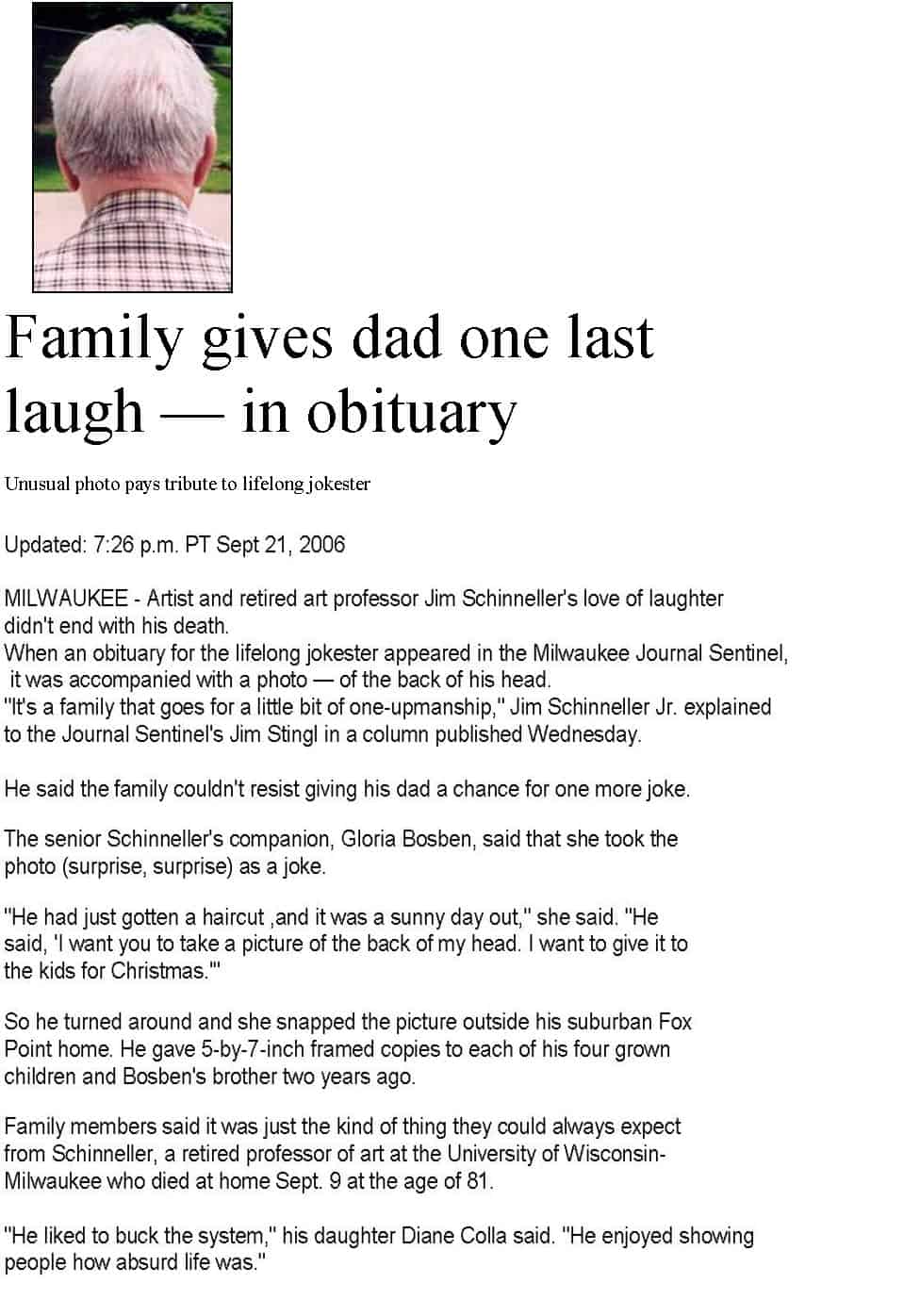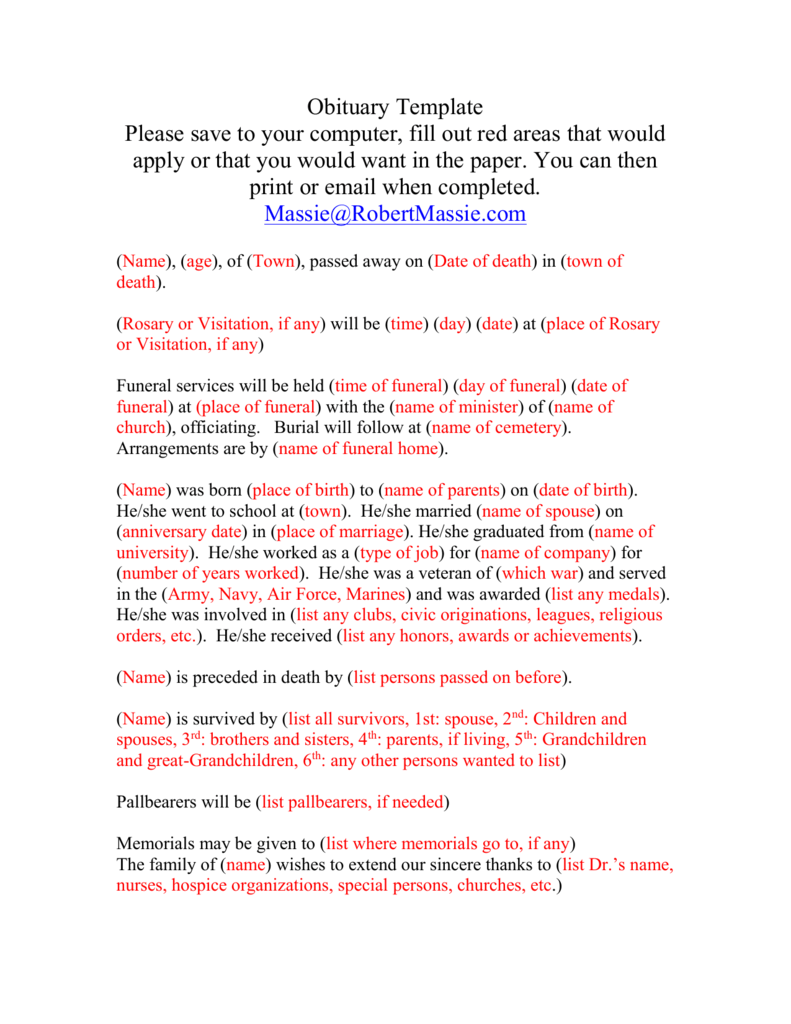

Your bereavement policy should take into account that some staff may need to travel abroad at short notice and may need more time off. If they need time offĬheck your organisation's bereavement policy to see how much leave your organisation can provide. This helped reassure Cam, and helped Ashley check if Cam needed any support. Ashley also shared the details of counselling and other support available through work. When they next spoke, Ashley confirmed how much paid bereavement leave Cam could take, and that there were other options if they needed more time off.

Cam and Ashley agreed to speak again after the funeral. Ashley and the team sent Cam a sympathy card. Ashley reassured Cam that their workload would be handled by other members of staff. Over the next few days, Cam and Ashley spoke again over the phone. Ashley checked if it was ok to tell other people at work about the death, and how Cam would like to keep in touch. If this happens, it can help to follow up with an email, or call them a few days later.Ĭommunicating in a calm, empathetic way can help employees feel supported, and help ease their anxiety about work.Ĭam's partner died suddenly of a heart attack on the day Cam was due to chair a meeting at work.Ĭam contacted their line manager, Ashley, who quickly assured Cam they did not need to worry about work. If someone is upset they might not be able to talk for long, or someone else might contact you on their behalf.

Supporting an employee after a death can help: You should tailor your support to each individual person's needs. Some employees might need support soon after the death and also after they return to work, for example on the anniversary of the death or if there's an inquest into the death.

Health, safety and wellbeing when working from home.Getting a doctor's report about an employee's health.Consulting employees and their representatives.


 0 kommentar(er)
0 kommentar(er)
